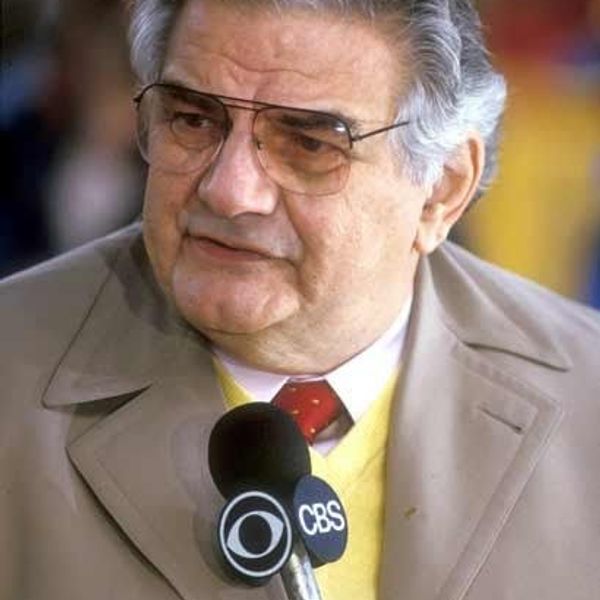Once or twice a generation, an individual comes along who defines the age. They captivate a nation and keep millions on the edges of their seats. Born in Louisville, KY in 1942, Muhammad Ali was one such figure. He was a powerhouse in and out of the boxing ring and is regarded as one of the greatest athletes of the 20th century.
In his youth, Ali, born Cassius Clay, experienced frequent racial discrimination, which instilled in him a strong sense of justice. His introduction to boxing came at age 12, when a local police officer encouraged him to take up the sport after having his bike stolen. The officer told him that if her wanted to exact his revenge on the thief, he must first learn to fight. He made his debut soon after in 1954, and quickly became a sensation, earning numerous awards and titles. Six years later, he began his professional career.
Ali took the boxing world by storm, defeating all of his opponents. When the time came to challenge Sonny Liston for the Heavyweight Title, Ali overcame astounding odds, becoming the youngest boxer to unseat a Heavyweight champion.
Of course, Ali's was also known for his controversial beliefs and convictions. In 1961, he attended his first meeting of the Nation of Islam. The following year, Malcolm X became his official mentor, and soon after, members of the Nation of Islam were often seen with him in public. Before his fight with Sonny Liston, the Miami Herald published a story saying he was a member of the organization and had converted to Islam. After his fight, Ali officially joined the group, and Cassius Clay became Muhammad Ali. The name held significance, as most members were simply given the last name "X" after denouncing their former surnames. The names "Muhammad" and "Ali" indicated that he had attained a higher status within the group, despite having just converted. This led to tension between Ali and Malcolm X, eventually leading to Malcolm X's decision to leave the Nation of Islam. In later decades, Ali's beliefs shifted to those of Sunni Islam.
After his conversion became public, members of the press refused to acknowledge Ali's new name. Most media outlets continued to refer to him as Cassius Clay for quite some time. Ali made several statements that Cassius Clay was his "slave name," but by and large, the public did not respect his wishes due to the controversy surrounding the Nation of Islam.
In 1966, Ali became eligible for Selective Service. Ali felt as though he did not belong in white society, but this news put him further at odds with mainstream culture. In April 1967, Ali appeared at the U.S. Armed Forces induction ceremony. When the name Cassius Clay was called, he did not step forward. The officer repeated his name twice more, but he refused to be inducted, even after being warned he was in violation of the law. He faced trial in June and was found guilty. He was stripped of his boxing title and license, meaning he could no longer compete. When asked why he refused to be drafted, Ali remarked, "Why should they ask me to put on a uniform and go 10 thousand miles from home and drop bombs and bullets on brown people in Vietnam while so-called Negro people in Louisville are treated like dogs and denied simple human rights?" Soon after his conviction, Ali appealed his sentence, and the Supreme Court of the United States announced that the stripping of Ali's license and title was unconstitutional. While his opposition of the Vietnam War inspired many other public figures, the federal government continued to monitor his communications via wiretap going forward.
Throughout the rest of his career, Ali had a superlative record; in 61 fights, he had 56 wins. However, his physically taxing life contributed to his eventual diagnosis of Parkinson's Disease. Ali began battling the illness in 1984, but continued his activism, drawing attention to the plight of famines across African countries, like Ghana. In 1990, he met with Saddam Hussein to negotiate the release of American hostages. Six years later, he was able to carry the Olympic Torch in Atlanta for the 1996 Olympics.
Over the years, however, his health continued to deteriorate, and last Friday, June 3, 2016, he passed away. The world began to mourn the loss of such an idol, with celebrities and his family sharing memories of Ali on social media. On June 9, a funeral was held in his hometown of Louisville, with his casket being driven past notable sites, like his childhood home and the Muhammad Ali center. Thousands lined the route to show their respect, and many brought signs with messages like, "Ali is the greatest." Comedian Billy Crystal and President Bill Clinton will deliver two of the eulogies at the funeral ceremony before he is finally laid to rest.
Ali was one of the most controversial and spellbinding figures in recent history, calling himself "The Greatest," but many feel his service is even greater than his boxing records. Singer and musician Bob Dylan said, “If the measure of greatness is to gladden the heart of every human being on the face of the earth, then he truly was the greatest. In every way he was the bravest, the kindest and the most excellent of men.” Surely his legacy of conviction and standing by his beliefs, regardless of the cost, will remain long after his death.




















